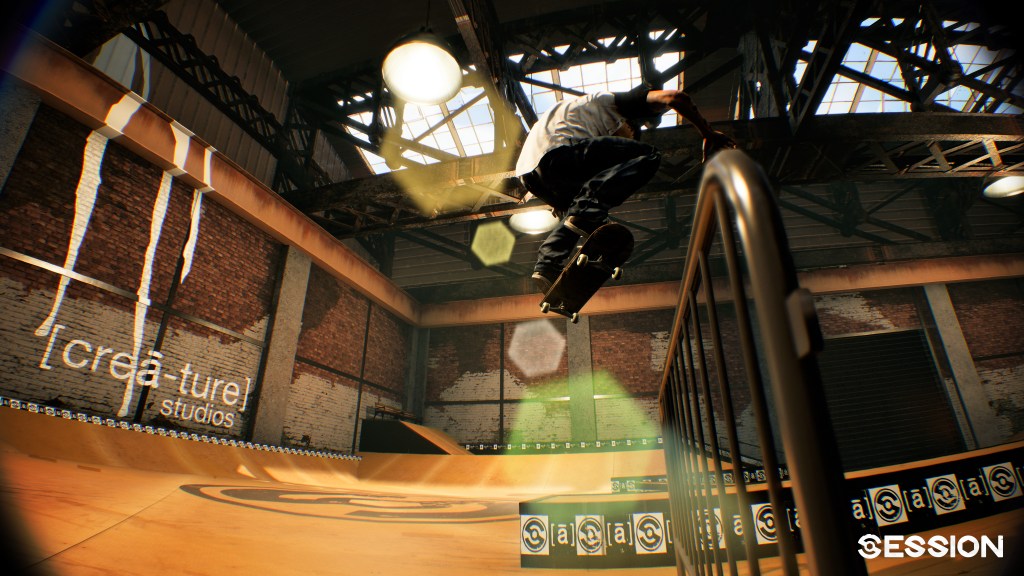The skateboarding sub-genre of sports game has been on a steady decline for years, but Skate spiritual successor Session hopes to change that. As we reported recently, Session takes inspiration from the core gameplay of the Skate series – including its signature flick control feature – and implements it into a lively, open-world New York City setting.
Even though there…











